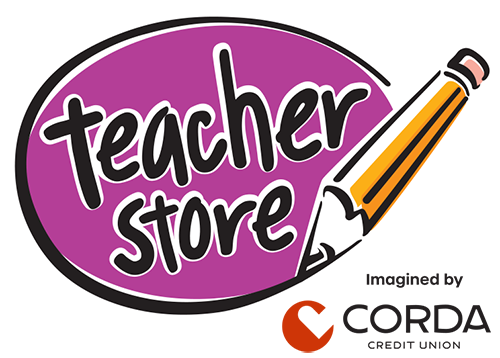Make Time to Play
By Carolyn Lyon James
One cold winter day when I was in second grade, a kid on the playground dared our schoolmate, Becky, to put her tongue on the metal tetherball pole. She didn’t believe him when he told her that her tongue would get stuck to it. She found out the hard way that he was correct. I remember how Mrs. Jenison ran over with a cup of coffee and poured it on Becky’s tongue to unstick it from the pole. We spent the rest of recess that day revisiting the pole, equally fascinated and disgusted by the grim relic left behind. For her part, Becky was (mostly) unharmed, and spent the rest of the day complaining that she couldn’t get the taste of coffee out of her mouth.
Even after all these years, I can easily recall my elementary school playground — the big metal slides and monkey bars, the swing sets, and the open field where countless hours were spent arguing over the finer points of kickball. My small town in northeast Iowa housed an equally small elementary school, and even though I and my classmates have all grown in different ways, we still share a bond that remains strong to this day — stronger than my bonds with anyone else, save my husband and children.
While most of my childhood memories of recess are good ones, I also remember arguing over the exact rules of Red Light, Green Light and having to negotiate how long a turn we could have on the limited number of swings. Recess was a time where we could make our own rules, talk and giggle, and let our imaginations run wild. It was one of the most important aspects of my childhood. And science agrees with me. Numerous studies have concluded that unstructured time, inside or outside, is as important to a child’s educational growth as math and science.
When I spoke to Jill Scheckel, a first-grade teacher at Viola Gibson Elementary in Cedar Rapids, she completely agreed. “Kids absolutely need that unstructured time. They need to learn how to talk to each other, to negotiate, and to wait their turn,” she said. “They get better at it because they keep practicing it day after day during recess time.” When I asked her if academics suffered because recess was taking up learning time, she said the opposite was true. “Academics improve because of recess. They need to take breaks or they’ll end up suffering from burnout.”
Speaking of recess, kids aren’t the only ones who need unstructured time to keep from suffering from burnout. Adults need it, too. An article from NBCNews.com states that people are most effective at work when it resembles play. Some of the most arduous tasks can be made easier, just by taking time to laugh with others in the workplace. This simple act releases endorphins and builds camaraderie among co-workers. But we need to do more than that. We need to do things outside work just for ourselves.
While activities like running or participating in a bowling league might obviously be considered play, researchers say recreational physical activity is not your only choice. Playing board games, working on crossword puzzles, or just visiting friends can all be considered adult play.
Psychiatrist Stuart Brown, founder of the National Institute for Play in Carmel Valley, California, says that how we play can vary from person to person, but what all play has in common “is that it offers a sense of engagement and pleasure, takes the player out of a sense of time and place, and the experience of doing it is more important than the outcome.” He goes on to say that play is important enough that it needs to be incorporated into our daily lives, and we shouldn’t “just wait for that two-week vacation every year.” Play alleviates anxiety, relieves stress, and boosts creativity, among many other positives.
So, the next time you’re feeling guilty for binge-watching a show on Netflix, or for playing on your phone instead of finishing that project for work, remember this: Taking a break and doing something fun for yourself is actually making you a better worker, a stronger communicator, and an all-around happier person.


